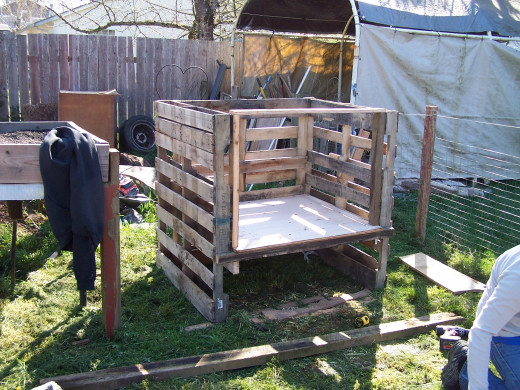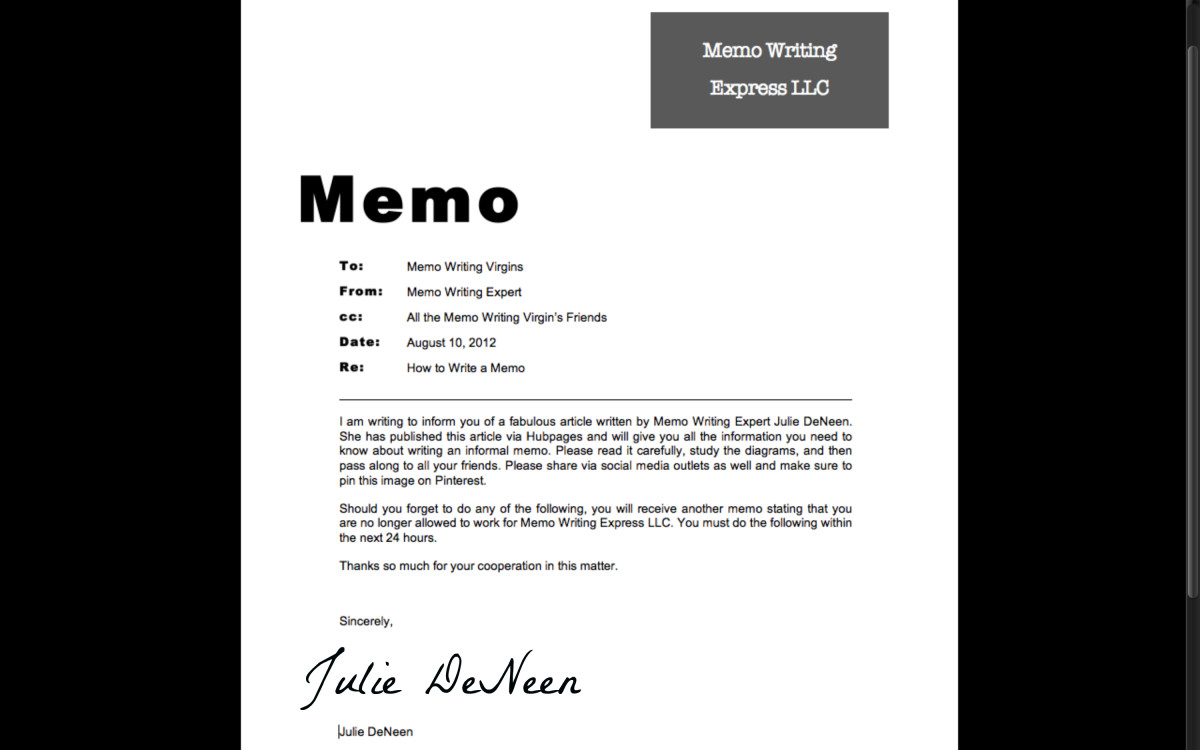The Writer's Mailbag: Installment Six
A New Week with New Questions
This is kind of like “Dear Abby” for writers. In case you don’t know how this works, you ask questions about writing and I answer them. I can’t do anything for you if your marriage is floundering or your dog just bit a neighbor, but I can take a pretty good stab at answering common questions that pertain to this writing gig.
If you have a question for a future mailbag, simply email the question to me at holland1145@yahoo.com, or leave a question in the comment section of this article….or….you can leave a question as a comment on my website at www.williamdhollandauthor.com.
With all of that out of the way, let’s begin with this week’s installment of The Writer’s Mailbag.

THE FIRST BRICK IN THE PLATFORM
This question is a common one, and I wish I had a gentle answer.
“How do I get my first byline in a magazine or newspaper? Everyone wants experience, but how do you get experience when you are just starting out as a freelance writer?”
It’s a valid question and a valid concern. The best advice that I can give you is to start small. Research alternative newspapers in your area. Research online indie magazines that relate to the subject matter you are interested in. Submit to those publications and keep submitting. The goal is that first byline. Of course it would mean more if your byline was for Better Homes and Gardens, but any byline is better than nothing.
Once you have that first byline then you have something to work with….then you can start submitting to established publications and you’ll have a fighting chance of getting published by them. My first byline was for an alternative online magazine here in Olympia, Washington. I moved up from there to a regional magazine called Our Iowa. The good news is that it becomes a bit easier after the first one is out of the way.
LEAD TIME WHEN SUBMITTING
“How far in advance should I submit an article for a seasonal topic?
Good question and one that I hear at least monthly. Magazines set a yearly calendar, so if you have written a Christmas article, you should write your query in January at the very earliest for the following Christmas. There is the occasional magazine that only plans six months in advance, but they are few and far between.
I actually learned this lesson the hard way, and after having my article accepted in December, I had to wait a full year for publication and then another three months for payment.
Plan in advance….the magazines do.
And while we are on this topic, if you are writing online articles for, say, HubPages, plan on three months in advance when posting those articles. It takes at least three months for the article to circulate through the internet, so a Christmas article should be posted no later than September or early October.

WHAT’S THIS ANGLE BUSINESS I KEEP HEARING ABOUT?
The question has to do with a writing angle. Let me explain.
Anyone can write an article based on who, what, why, where, when and how. Just get the facts and fill in the blanks and you have an article. A boring article for sure, but still, an article.
What will take that article from boring to interesting is a unique angle to the story, and only a creative writer can do that.
Are you a creative writer?
Judging from the hundreds of articles I see every single day, there aren’t many creative writers out there with unique angles. How else do you explain the deluge of mundane “how to” articles and recipe articles, all looking the same and having the appeal of a day-old pile of poop?
Find a new way to approach a story and the world will beat a path to your doorstep. Find a winning angle.
MEMOIR WRITING
“I’ve been thinking of writing my memoir, but I’m afraid nobody will find it interesting. What should I do?”
Write the damned thing.
I don’t believe for a second that nobody will find your memoir interesting. It may not be a bestseller, but your family, your children, they will all find it fascinating, and that is a living legacy you are leaving. That alone is reason enough to write it.
I’m a big on the fact that what we, as writers, do is important. We are the voices of our generation. We are the recorders of history. That carries a huge responsibility, but serious writers can handle that responsibility and do it great justice.
Write the memoir…be a part of history.

INCREASING YOUR VIEWS
I get this question all the time. “How can I increase my views for online articles that I write?”
For the life of me, I don’t know where the mystery is on this topic. If you write for a site like HubPages, your views will increase dramatically if you support other writers. Show them that you care about their work and they will reciprocate. It’s that simple. Yes, it takes time, but it does pay off.
That’s one way to see an increase. The other way is to write articles that have mass appeal. Articles about crafting are huge these days, as are ways to save money…or ways to make money. Times are tough, and millions of people are turning to the internet to discover ways to make money.
So, either choose your topics wisely, or make it a habit to support other writers. Doing both, of course, is the best-case scenario….and, oh, by the way….write a good article.
MAXIMIZE YOUR EFFORTS
“Bill, I only have an hour each day to write. How can I get the most out of that hour?”
I suspect that many writers can relate to that question. Many of you have full-time jobs, and families, and that means very little time for your passion. There is no easy answer to the question, but I can give some suggestions.
If you only have one hour, then close yourself off from the world during that hour. Inform family and friends that for one hour you are unreachable. That is your hour to be shared with no one. Leave your cell phone in another room. Set up your little writing area and write like your tail-feathers are on fire for that hour.
The other suggestion I have is to prepare before your writing time. I have mentioned often the importance of writers having a notebook handy during the day to jot ideas down in. Get in the habit of doing this. Also jot down what you want to accomplish during your writing period, and even go so far as to schedule your hour by fifteen or thirty minute increments. Stick with a plan and you just might see better results.
SUSTAINING A PLOT
“What makes a good plot? How do you keep a plot interesting?”
I call them sparks. You can call them Johnson, or you can call them Jay, or you can call them….okay, sorry for the silliness.
A plot, or story line, needs to have a driving force to keep it moving forward. How many driving forces, or sparks, you use will be determined by the length of the book. As a general rule, there should be one spark every 20,000 to 25,000 words.
But that answer really only relates to the movement of a plot. In my humble opinion, what makes a good plot is how well readers relate to it. Usually, but certainly not always, we as readers relate to a plot because the central characters are fascinating. I have read many a book that was action-packed and totally forgettable, and the reason for that was because the characters bored me to tears. If I am emotionally involved with the characters, then I become invested in their lives when those sparks ignite the plot.
Join me on my website
- William Holland | Helping Writers to Spread Their Wings and Fly
Tips and discussions about writing
And Yes, There Will Be More Next Week
As long as I have questions to answer I’ll keep writing this column. As Audrey Jr. says in “The Little Shop of Horrors,”…..FEED ME!
Thanks for the questions. I’ll be back next week, good Lord willin’ and the creek don’t rise.
2014 William D. Holland (aka billybuc)
“Helping writers to spread their wings and fly.”










